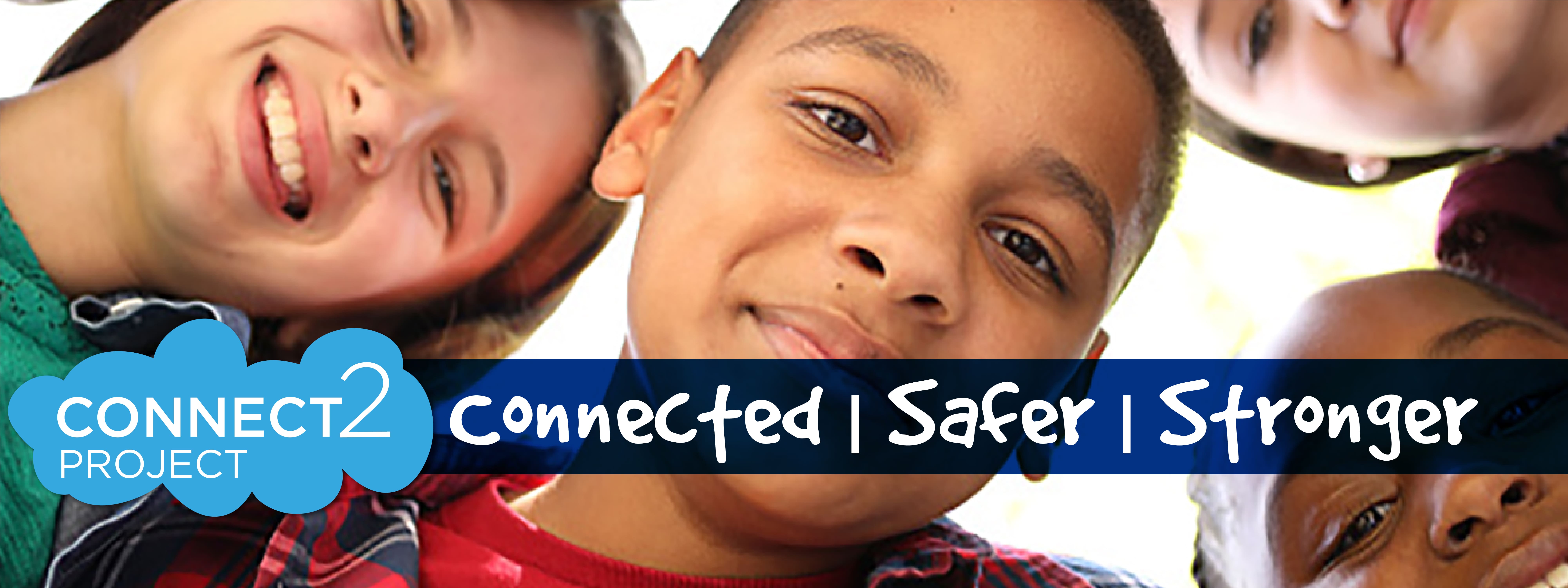
Some young people perceive drug gang members as role models who fill a gap in their lives. Some young people are groomed into dealing drugs by local gangs or as part of County Lines activity.
Gangs and drug dealers will target young people to store, move and sell drugs or money from selling drugs often in exchange for gifts, cash or protection. Organised criminal gangs groom children and young people because they’re less suspicious and are given lighter sentences than adults.
A child or young person might be recruited into a gang because of where they live or because of who their family is. They might join because they don’t see another option or because they feel like they need protection. Children and young people may become involved in gangs for many reasons, including:
But, like knife carrying, involvement in drug dealing and gang activity can bring serious consequences for young people including:
Read more about the risks in our frequently asked questions section below
Read more about the tactics used by gangs to groom young people on the NSPCC website (National Society for Prevention of Cruelty to Children)
If you or anyone affected by this issue, would like to talk to someone independent, you can get emotional support through the Youth Emotional Support (YES) service at your local FindItOut Centre. There are FindItOut Centres in Adur, Bognor Regis, Chichester, Crawley, Horsham, Littlehampton, Mid Sussex and Worthing.
For Teachers or Parents looking to learn more about why young people become involved in drug dealing read this useful Toolkit
Crimestoppers – is an independent charity that gives you the power to speak up to stop crime, 100% anonymously.
Telephone: 0800 555 111
Website: www.crimestoppers-uk.org
You will need to talk to that person at the earliest opportunity.
It can be a daunting conversation but remember they may be scared or unwilling to talk about it.
We advise:
If you have a concern about the safety of a child, please contact your local council’s children’s services (often called a Multi-Agency Safeguarding Hub) or the police if a child is at immediate risk.
If you are looking for general advice or information about safeguarding or child protection, contact one of our Community Ambassadors who can talk to them and signpost them for further help
If the young person will not engage with you, contact us by email and we will aim to put you in touch with one of our trained Community Ambassadors who may be able to help you make the breakthrough you need
Embrace (https://embracecvoc.org.uk) are a charity supporting children, young people and families who are victims of serious crime. Embrace help victims and their families cope with what has happened, support their recovery and provide services that enable them to put events behind them, to move on and fulfil their potential.
Victim Support has dedicated advice and support networks for young people and their families – see, https://www.victimsupport.org.uk/help-and-support/young-victims-crime. Their youth programme, You & Co, helps children and young people affected by crime.
As a victim of crime, you are entitled to certain information and support from criminal justice agencies such as the police and the courts. The Victims’ Code explains what you can expect from the moment you report a crime to what happens at and after a trial. To read the Victims Code – https://assets.publishing.service.gov.uk/government/uploads/system/uploads/attachment_data/file/746330/victims-of-crime-leaflet-2018.pdf
County Lines is a serious issue where criminal gangs set up a drug dealing operation in a place outside their usual operating area. Gangs will move their drug dealing from big cities (e.g. London, Manchester, Liverpool etc.) to smaller towns in order to make more money. The ‘lines’ refer to the phones that are used to sell the drugs through.
In some cases children and young people who are registered as missing are being used in county lines. Gangs exploit the fact that they have run away from home and recruit these vulnerable young people to travel to areas away from their home town to sell drugs for weeks at a time. This can be a form of child trafficking as young people find themselves alone, in a dangerous unsafe environment being exploited to work – selling drugs.
They are likely to exploit children and vulnerable adults to move (and store) the drugs and money and they will often use coercion, intimidation, violence (including sexual violence), and weapons.
If you have a concern about the safety of a child, please see our advice above regarding contacting the emergency services or the local council’s children’s services (often called a Multi-Agency Safeguarding Hub) if a child is at immediate risk of harm or exploitation. Or contact us for further advice and support
If you need more information or would like to speak to one of our team or a Connect2 Community Ambassador, please contact us using the contact form at the bottom of this page
We will treat all information you provide in confidence which means our team will not share personal details about you with others unless you have said that we can or it’s absolutely necessary. It may be necessary to protect your best interests or the interests of the public, for example, if you have information that suggests you or another young person is at immediate risk of harm or if you have information to suggest that someone else is posing a risk of harm to another person. We will always let you know when that is the case.

